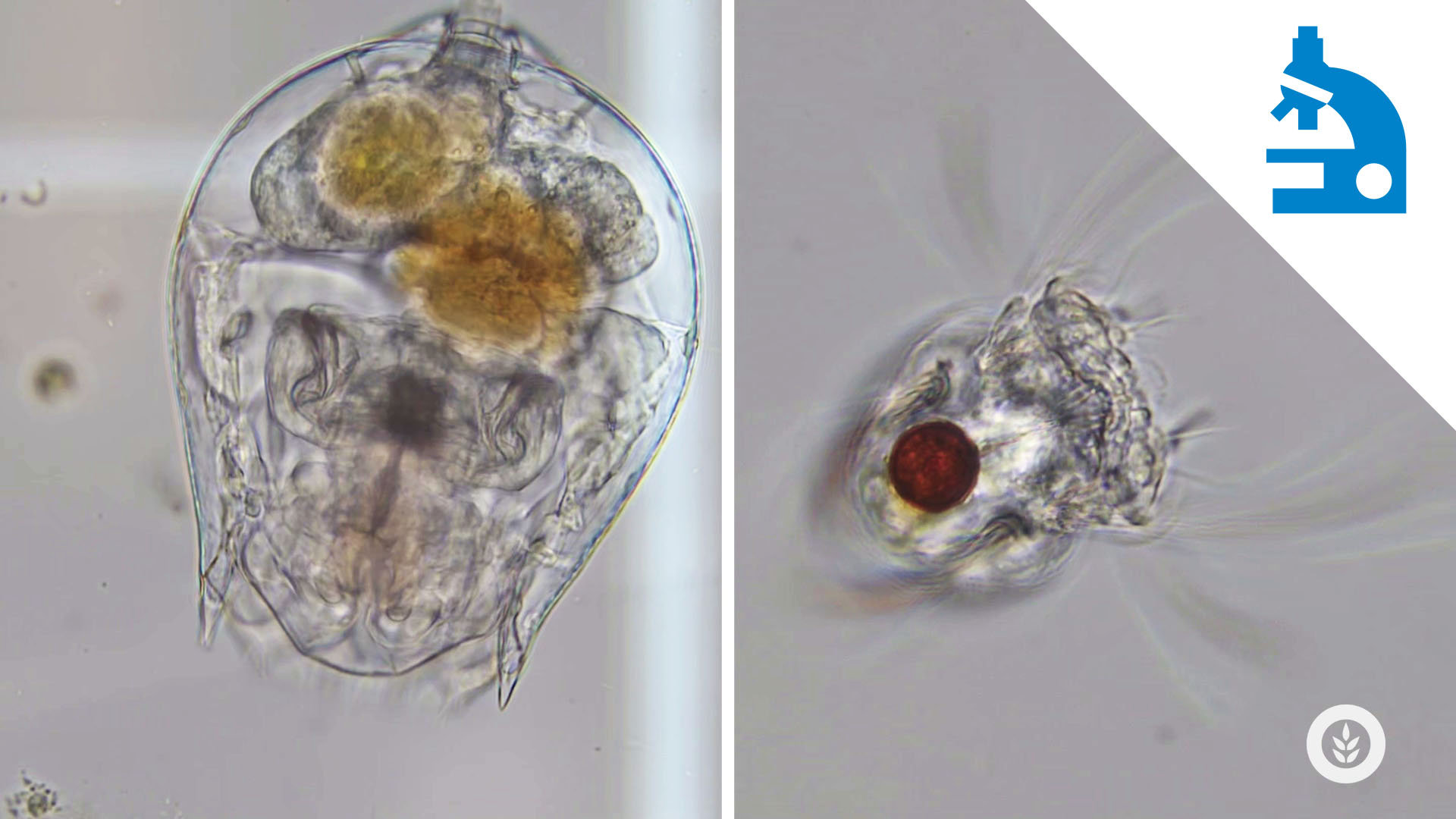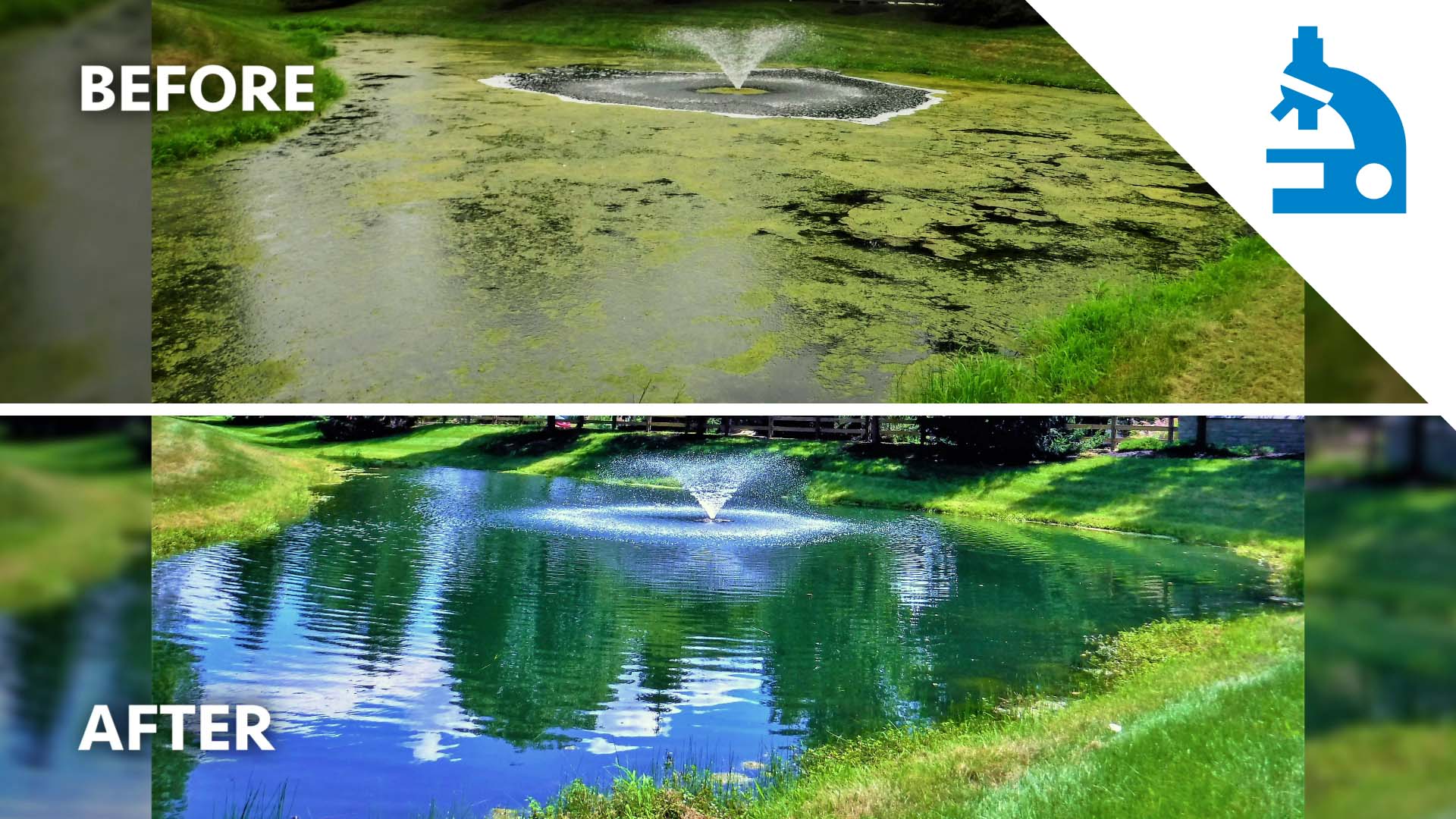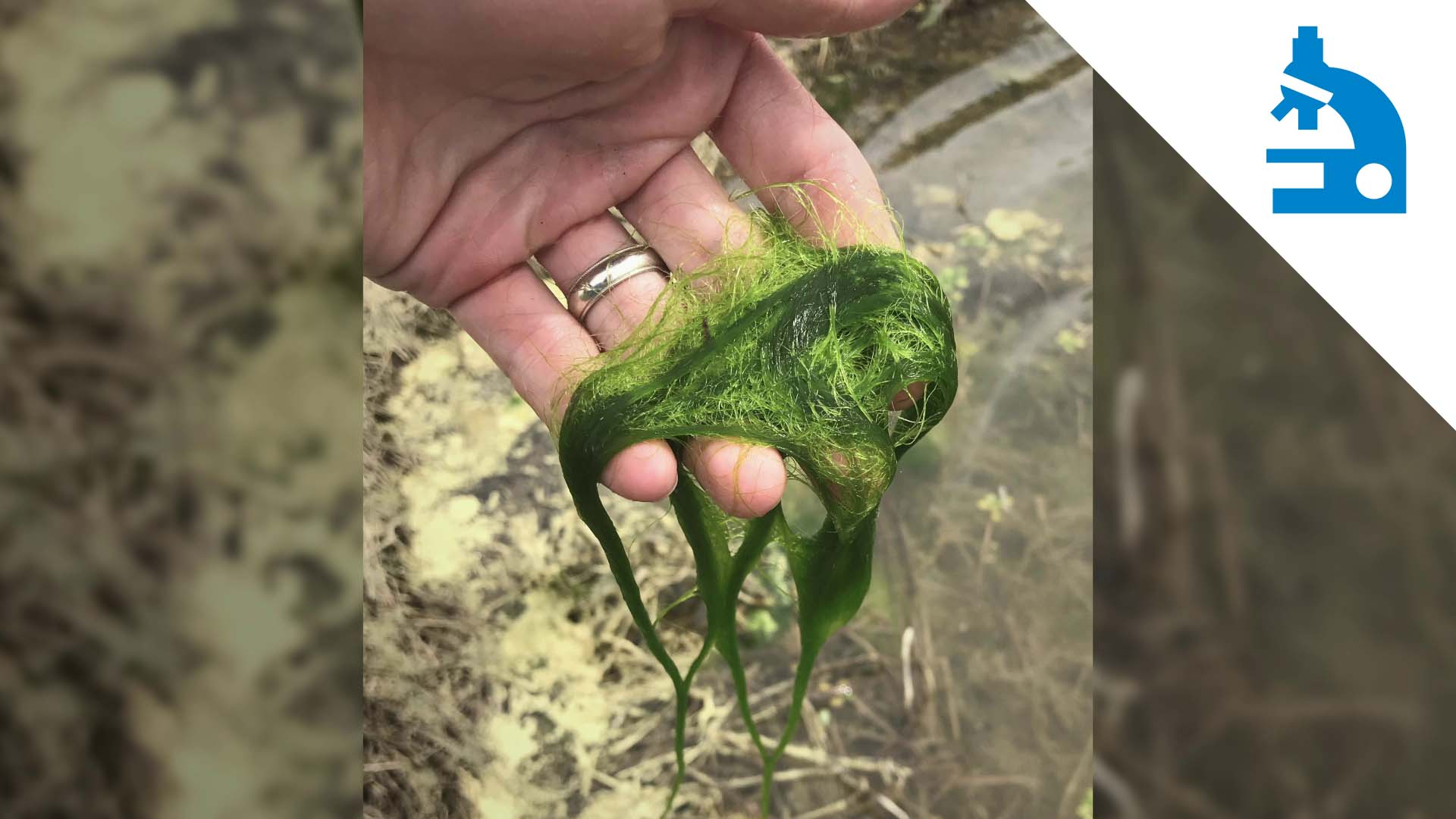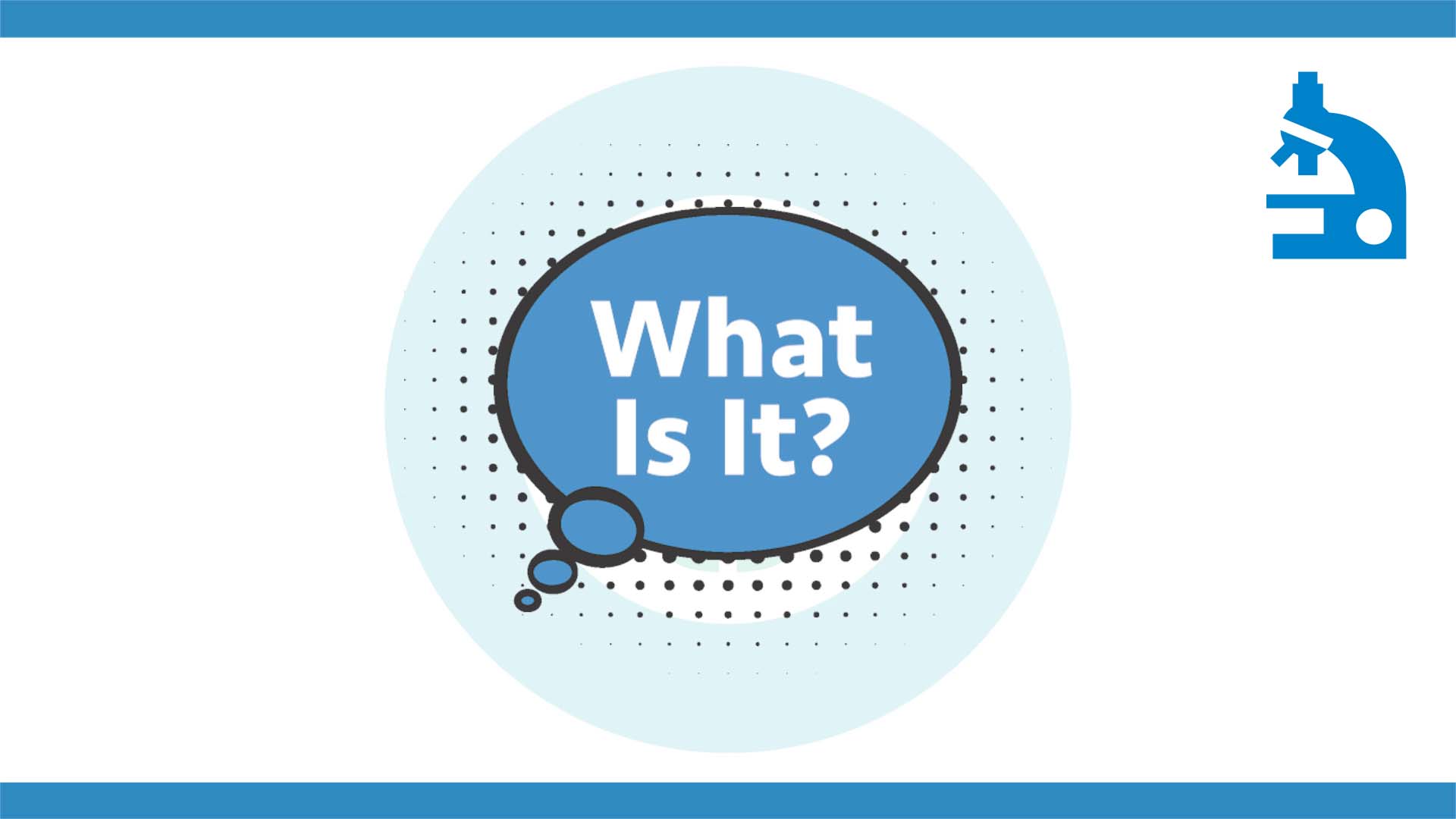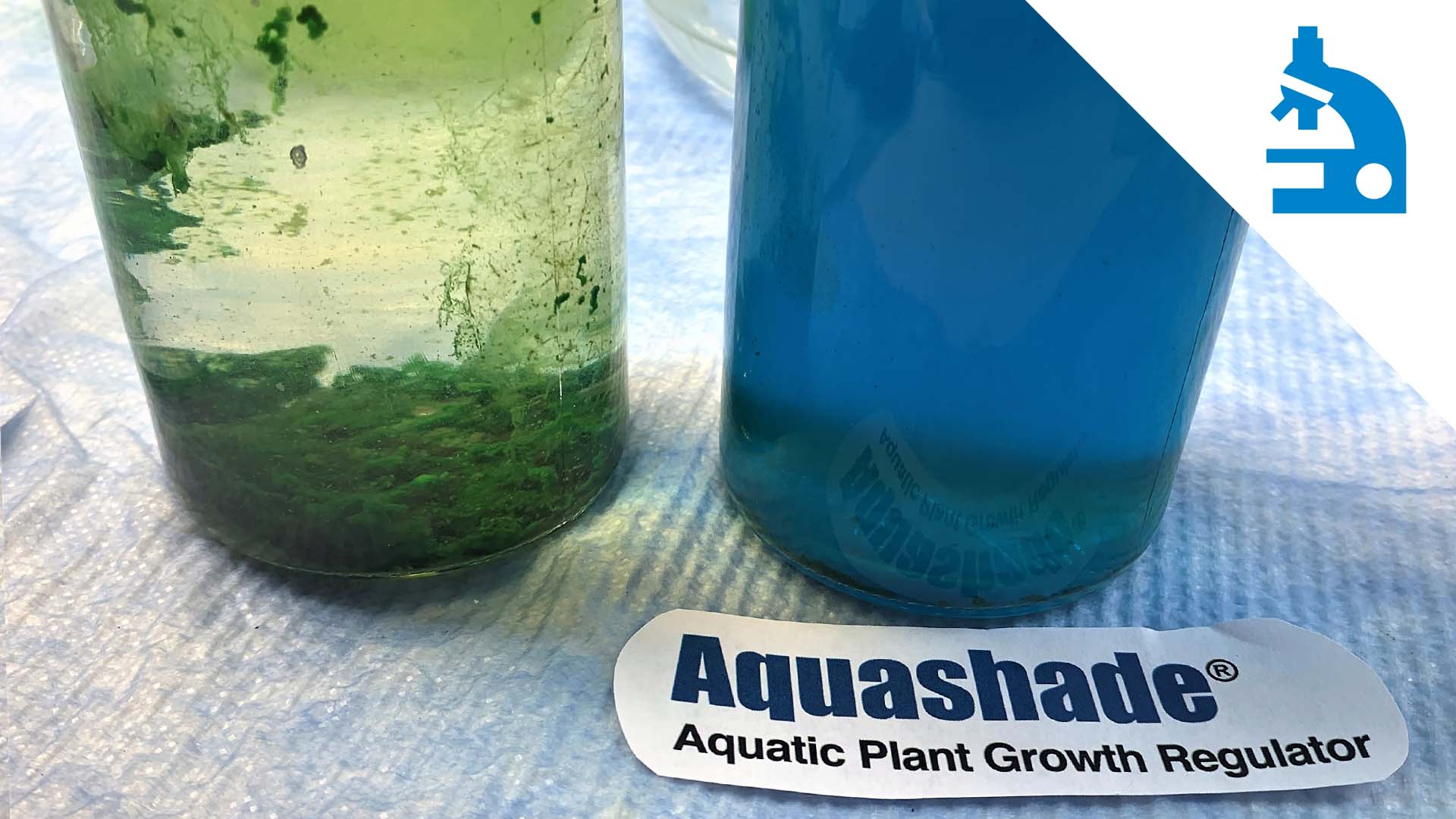Algae Corner Fan Letter: Does Copper Kill Fish?
Welcome back to another interesting question from our Algae Corner audience: "I thought copper kills fish?"
There are many types of algaecides out there, and it’s true that nearly everything can be toxic in certain amounts. But in general, copper can be used very safely, when you follow the label instructions.
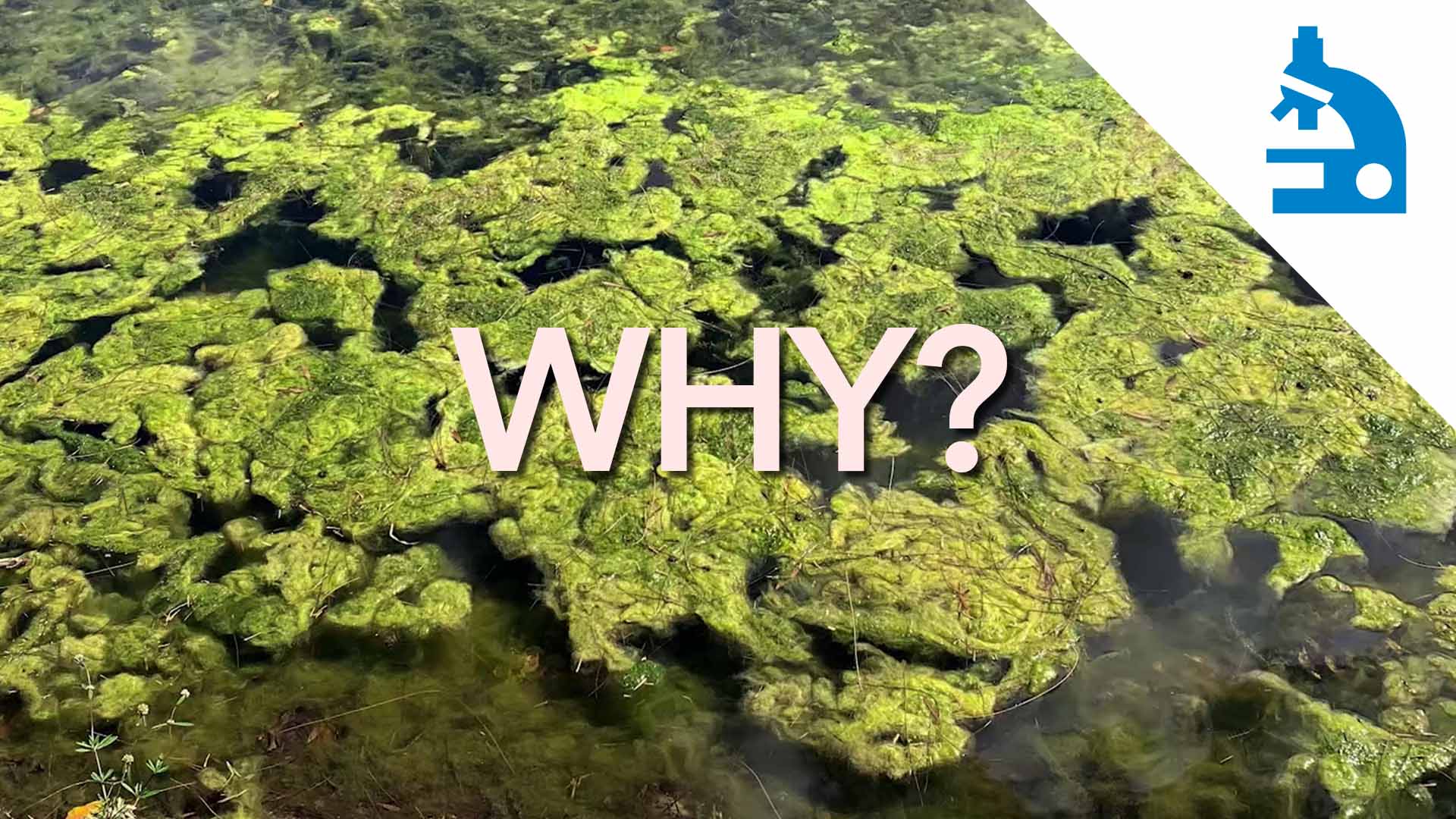
Algae Corner Fan Letter: Why Do I Have Algae?
Want to get Algae Corner Updates? Get the latest news by subscribing to our channel:
EPA Label Ensures Safety
The label is approved by the EPA and lists conditions like low dissolved organic carbon, pH level, or alkalinity conditions, where you need to be extra careful with copper use. It also lists a couple highly sensitive types of fish you don't want exposed, like koi or trout. It also lists things like use rates, proportion of pond to be treated, frequency of treatments, etc. All of these label components are used to ensure the product is stewarded appropriately.
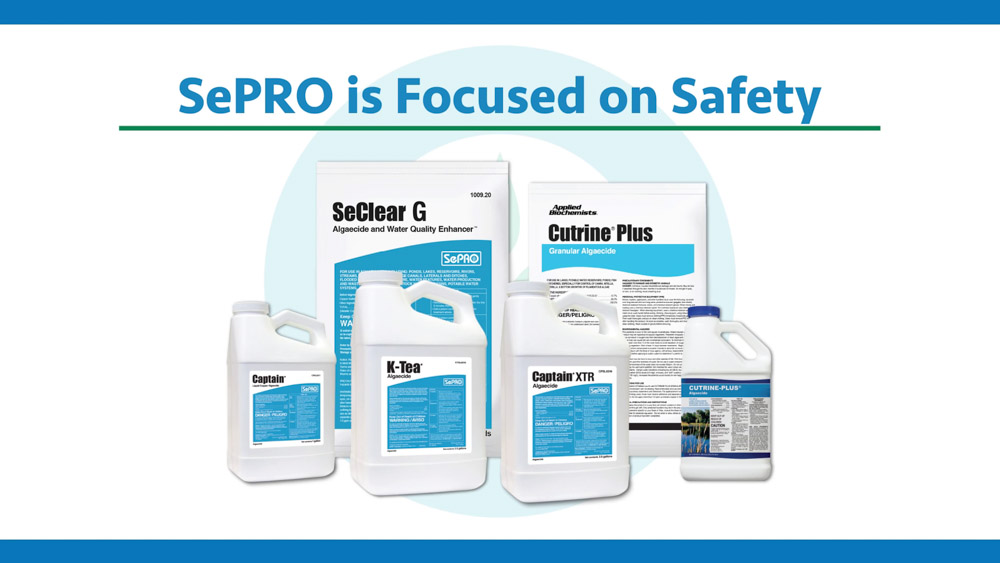
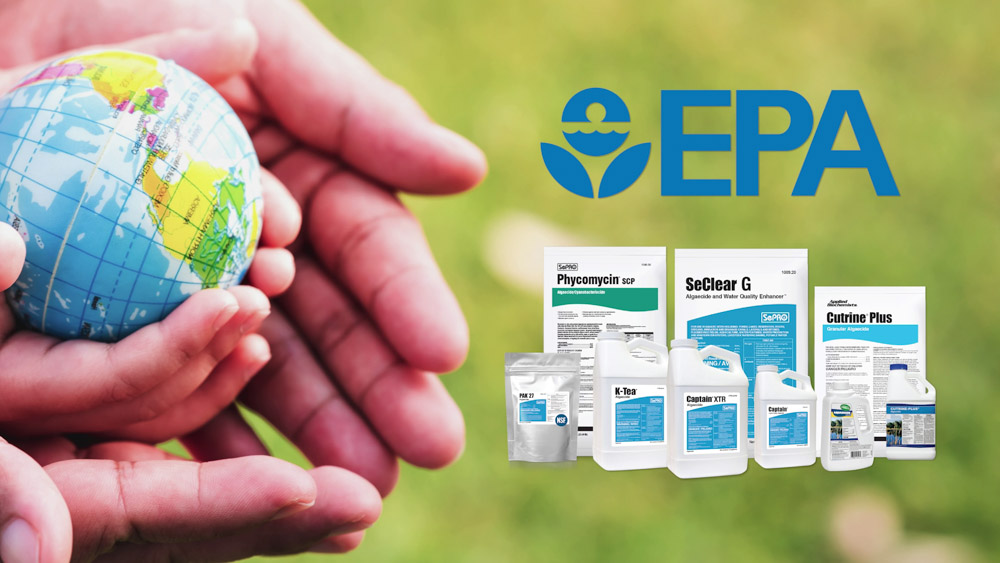
Negligible Risks When Used Properly
With copper specifically, the label indicates negligible risk to humans and wildlife, and there should be very minimal risks when you follow it. I've only dealt with two or three fish kills that were actually due to copper toxicity in my career, and these were very unique, very uncommon scenarios.
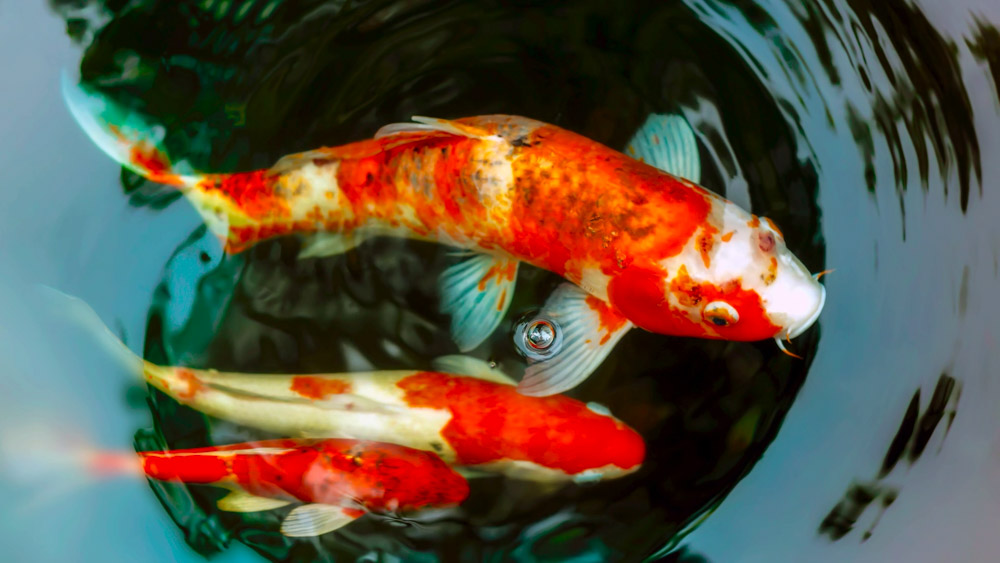
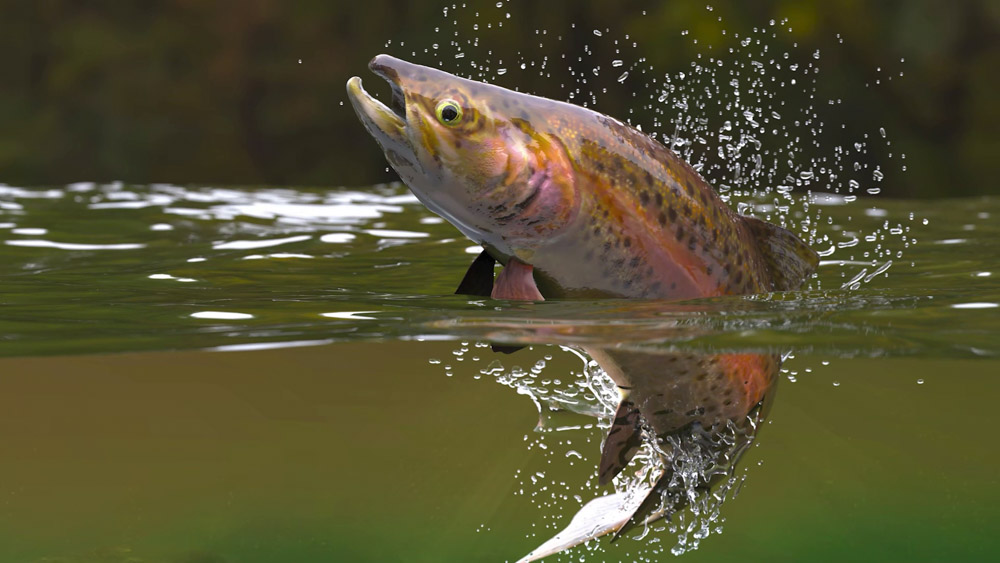
The Real Culprit for Fish Kills
There is, however, a culprit for fish kills that is much more common. Dissolved oxygen is something that you need to pay very close attention to. If you kill too much biomass at one time, there's a much higher risk from dissolved oxygen depletion, and this is usually the bigger culprit to the vast majority of fish kills out there. So be proactive, catch algae early at those lower densities and biomass, and you have less chance of that dissolved oxygen sag. And as a reminder, always read and follow the label instructions.
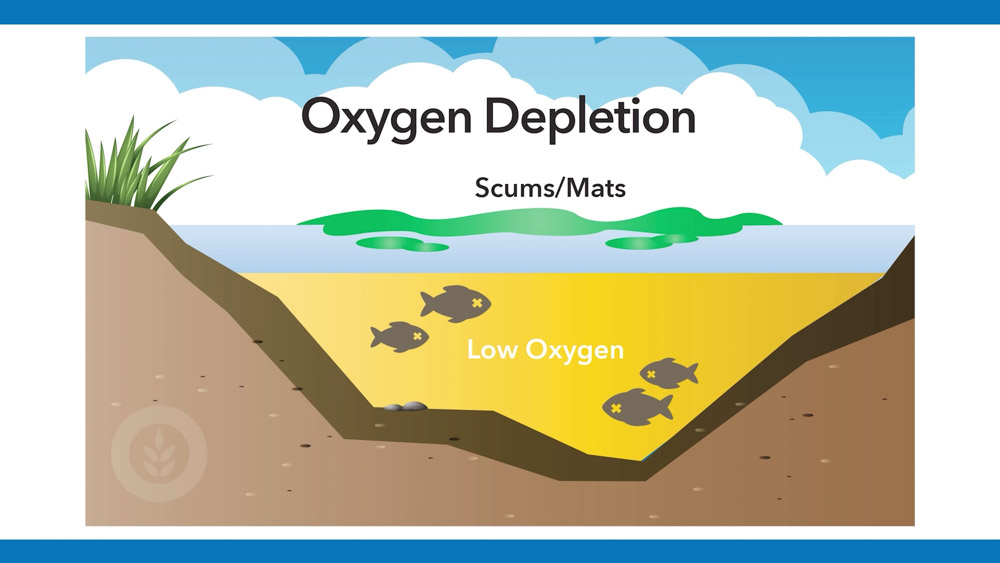
Consider Advanced Formulations
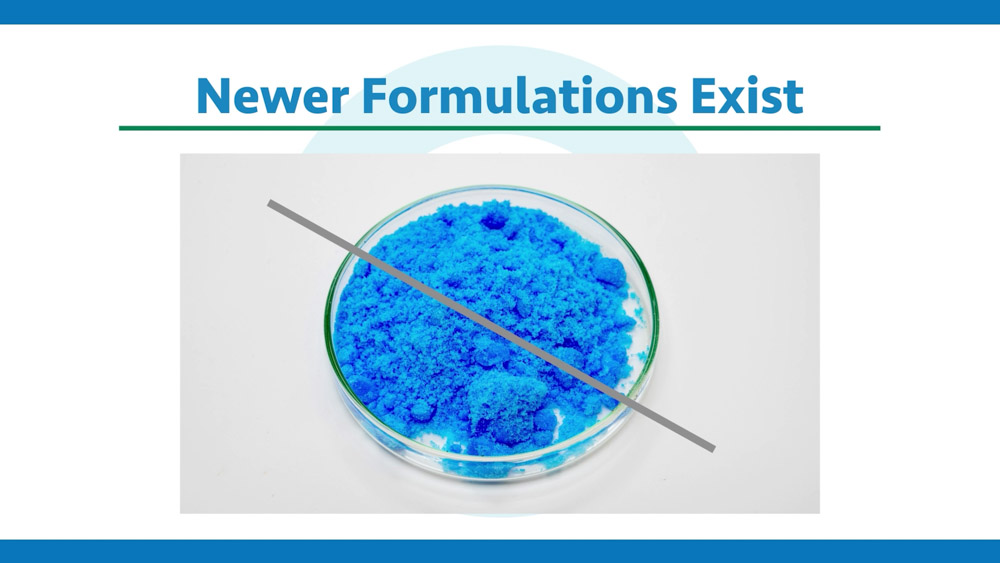
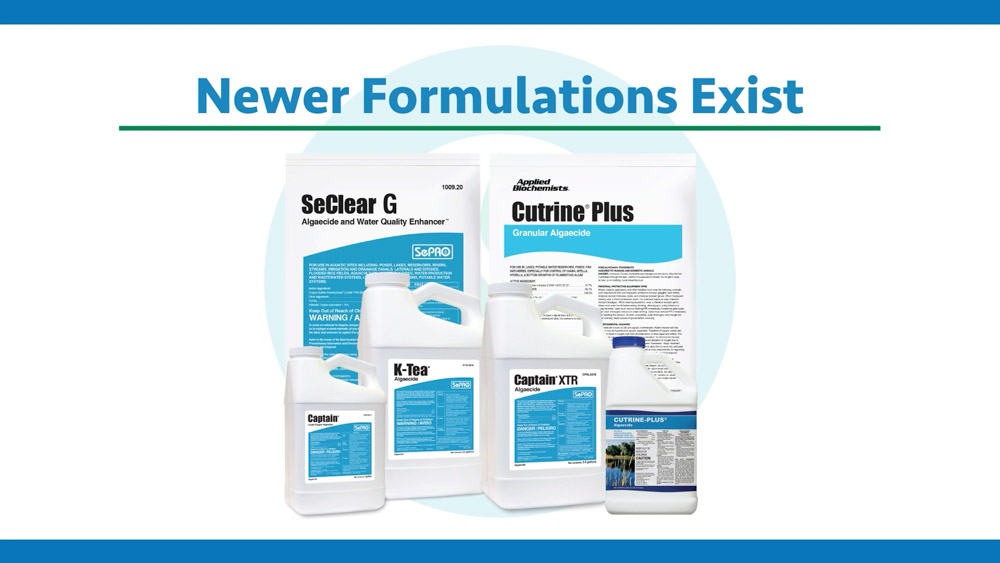
There are many much more advanced copper algaecide formulations out there than just Bluestone or copper sulfate. Keep that in mind. These can work better and more efficiently, especially on those tough nuisance algae. They also have a higher safety margin to non-target species.
In Summary
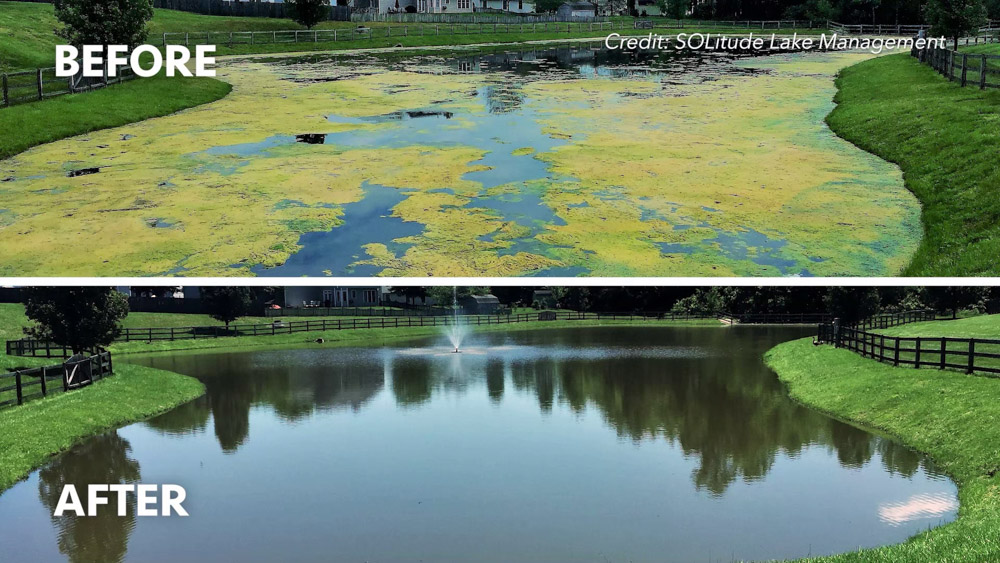
To learn more, please reach out to our trained technical specialists or check out the algae control solutions on our website, and as always, thanks for tuning into Algae Corner!

